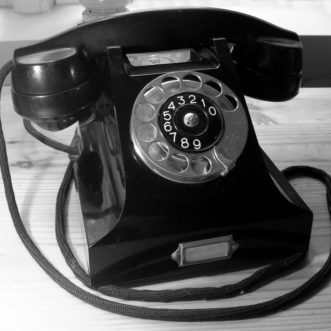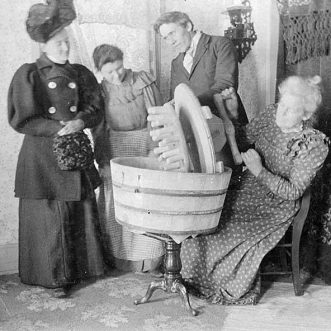
Considered adoption
Contrary to the popular image, the Amish are not backward-looking. Nor are they against new technology. What they are against is a rush to embrace the new without considering how it might impact on their ethos and their way of life.
Once they have considered, communally, they often adapt a new technology to suit their needs. An iron or a lamp becomes battery- or propane-powered, to preserve their separateness from the outside world. A phone and internet connection is housed in a shared booth at a walkable distance from homes, to maintain the primacy of face-to-face communication and neighbourliness.
The resulting ‘contraptions’ might look odd to us, but the approach is one worth adopting.
Before you jump on the latest bandwagon, ask yourself:
- Does this technology support and enhance my ability to make and keep my Promise of Value?
- If not, how could I change to make sure it does?
If the technology can’t adapt to suit you, it probably isn’t fit for your purposes.








